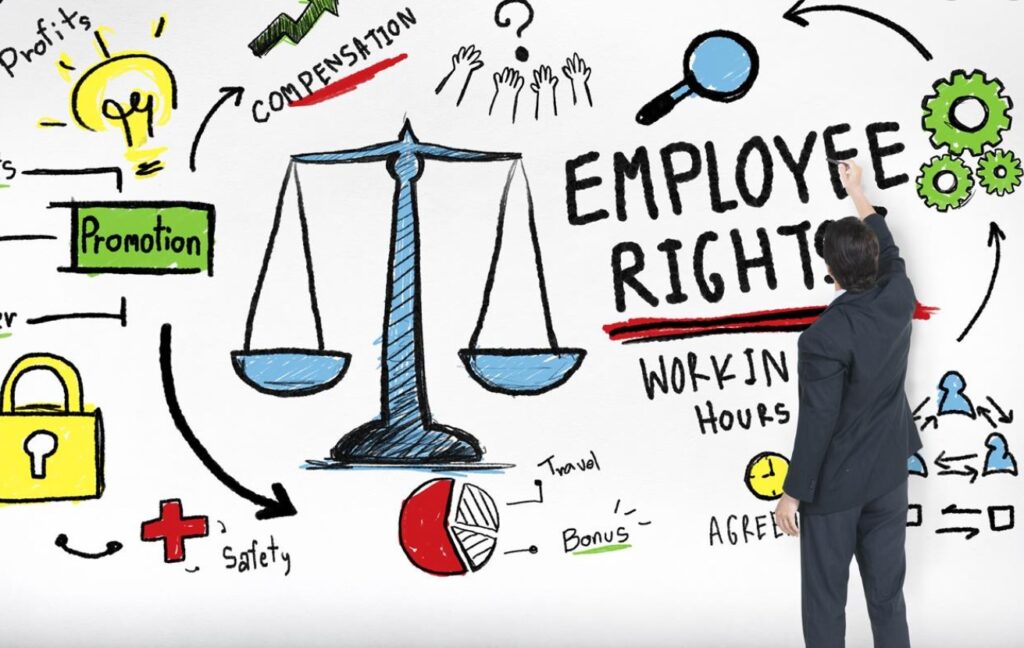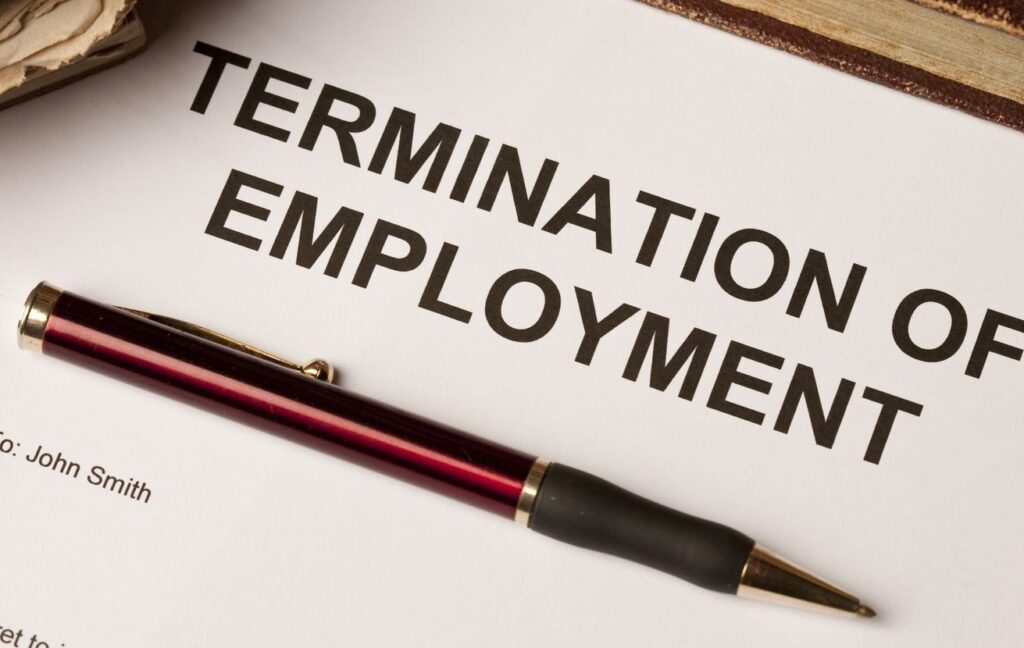
There is a number of difficult decisions that come with being a business owner, but for many, the most anxiety-inducing is when it comes time to let go of an employee. This can be a messy process, as livelihoods are in question and emotions are high, which can, in turn, lead to situations that fall outside the legal requirements for a lawful termination.
Working with a team of unfair dismissal lawyers such as mcdonaldmurholme.com.au, we have put together a guide to employment termination and your legal obligations when instigating this process. So, if you’re worried about potential issues when letting go of an employee, this should provide you with some clarification.
First thing’s first…

What Constitutes Termination of Employment?
In short, termination of employment is when the working relationship between an employee and an employer ends. This can occur for a wide array of reasons and can be instigated by either party, either through resignation or dismissal.
Whilst there are some mitigating circumstances that may alter your obligations, such as business bankruptcy leading to redundancy, employers must follow the rules that apply to their situation. For example, employees may be contractually obligated to provide a certain amount of notice prior to resigning, and final pay rules must be followed in the case of a dismissal.
So, now that we have an idea of what termination of employment entails, let’s take a look at what issues can potentially arise.
Understanding Unfair Dismissal
When an employee dismissal can be considered unjust, harsh, or unreasonable, this is referred to as “unfair dismissal”. Cases of unfair dismissal might be deemed valid by the Fair Work Commission if the employee was dismissed under harsh or unreasonable conditions, if said dismissal cannot be considered a genuine redundancy, or if the dismissal didn’t follow Small Business Fair Dismissal Code (in the case of small business dismissals).
Understandably, it is often vague whether or not a dismissal can be considered unjust or unreasonable, and this subjectivity is often why unfair dismissal lawyers are forced to step in for mediation and mitigation. With that said, the Fair Work Commission does offer guidelines as to whether or not an unfair dismissal case against an employer can be considered valid.

These stipulations include:
Whether the reason for dismissal was valid (such as poor conduct).
Whether the employee was provided with a reason for the termination.
Whether the employee had the chance to respond to said reasons.
Whether the employee was allowed a support person present for the discussion (where reasonable and applicable).
Whether the employee had been given any prior warning regarding their reason for termination.
Each case is unique, and therefore, any additional information specific to the case will also be considered if/where relevant.
What is the Minimum Employment Period For Someone to Apply?
Another factor that will be considered in any case is how long the employment period was prior to termination, as a minimum employment period applies for applications. For any business that has fewer than 15 regularly attending employees, the minimum employment period is twelve months. However, for larger businesses, this period is reduced to six months.
For those covered by the Fair Work Commission, who are unsure as to whether they can apply for unfair dismissal, the FWC has put together an eligibility quiz that can be accessed here.

What Can Employers Do If They Feel Wrongly Accused of Unfair Dismissal?
Any termination of employment can be a time of high emotion, especially if the sentiments leading to the termination are not shared by both parties. Because of this, there are naturally going to be instances in which businesses are accused of unfair dismissal when this may not fully reflect the situation at hand. Because of this possible eventuality, laws and regulations have also been put in place to ensure that any employer can officially contest the validity of claims made against them based on jurisdiction.
Jurisdictional Objections
There are two main instances where a Jurisdictional Objection can be made:
The employer believes that the claim is invalid based on it falling outside the jurisdiction of the Fair Work Commission.
The employer believes that the employee making a claim was not covered by the Fair Work Act (2009) and cannot, therefore, open a case of this kind against them.
A thorough breakdown of instances in which the Fair Work Commission does not have jurisdiction can be found in the Fair Work Commission’s Unfair Dismissal Guide. Forms for making these objections can be found within the FWC website’s resources section.
In any instance where an Unfair Dismissal claim is made by an ex-employee, the employer in question will be given time to respond to the allegations made against them. This will usually come in the form of an organized conciliation conference, which will hopefully allow for both parties to find a resolution without the input of a Commission Member. However, if a resolution cannot be reached by both parties, the case will be given to a Commission Member for review, and they will make a decision based on the application and details provided to them.

In these cases, resolution can come in the form of:
Reinstatement of the employee to their role.
Compensation (this cannot exceed 26 weeks of pay, and does not include additional compensation for factors like shock or humiliation).
Other remedies that do not fall under the category of financial compensation.
Whilst an ideal situation would see both parties finding a resolution by themselves, it is understood that this isn’t always feasible. It’s important to know that there are systems set up to defend both employers and employees, and knowing what options are available to you will ensure that you have everything you need if assistance is required.
Whilst there are considerations to be made on a case-by-case basis, this should provide you with some insights into what you can do to avoid an unfair dismissal case. A successful case against you can mean the loss of tens of thousands of dollars, so ensure that you are well-read on the specific requirements in your state/territory.
















